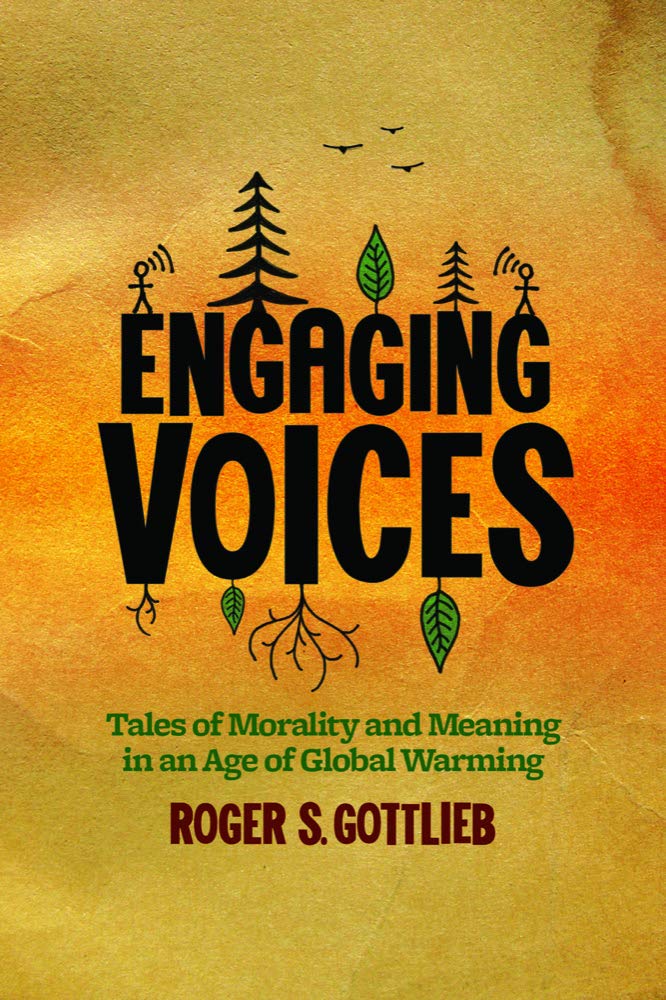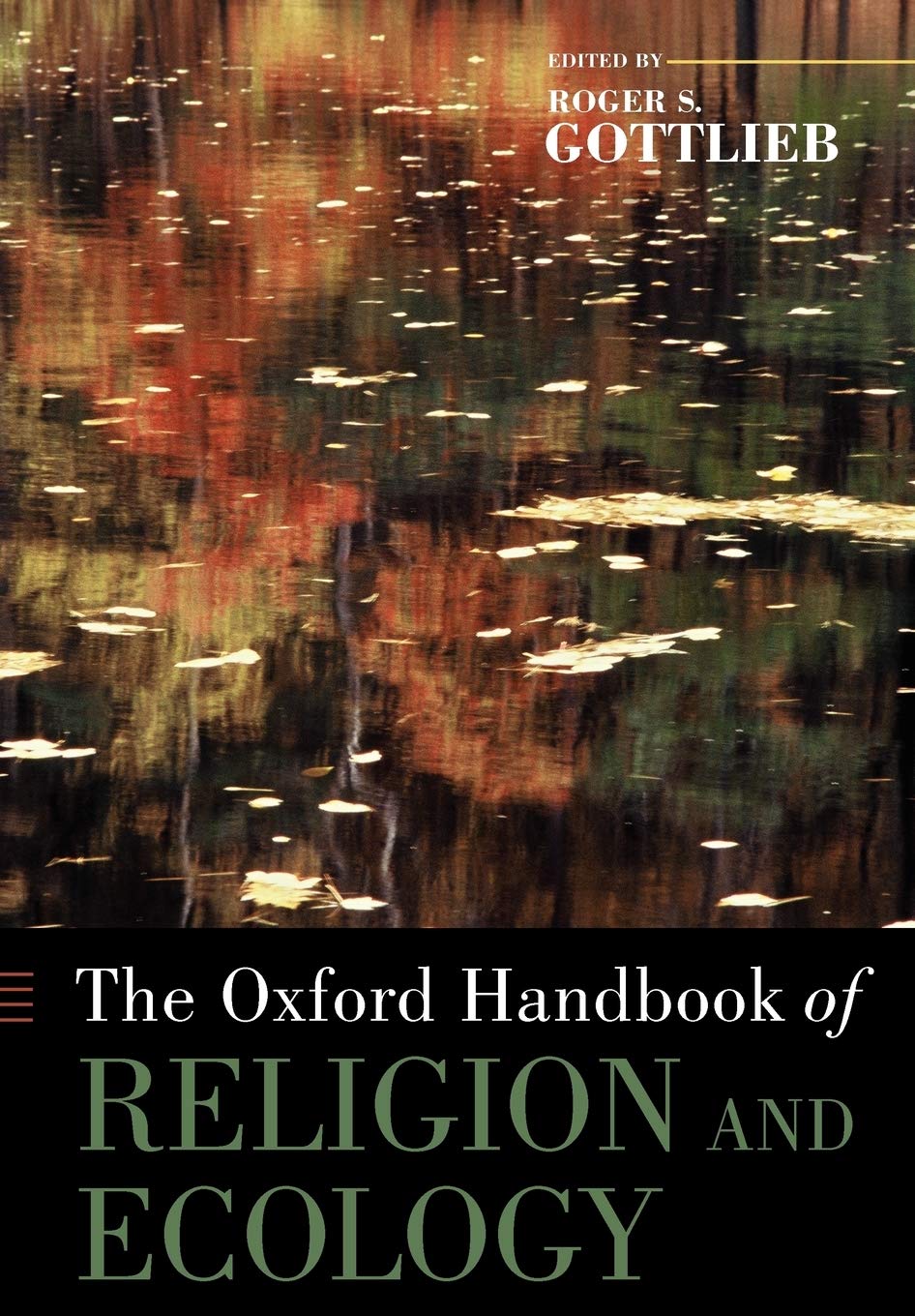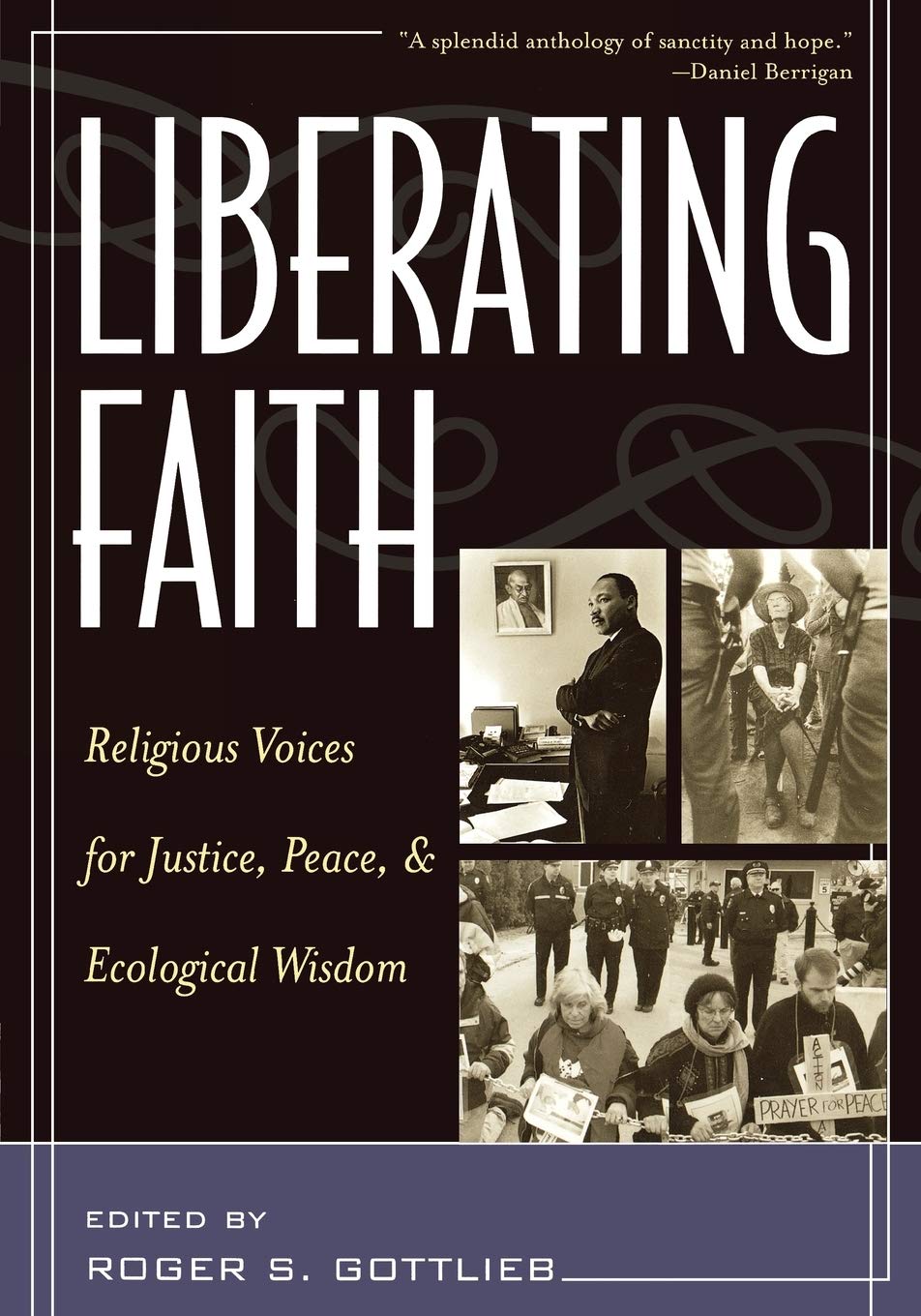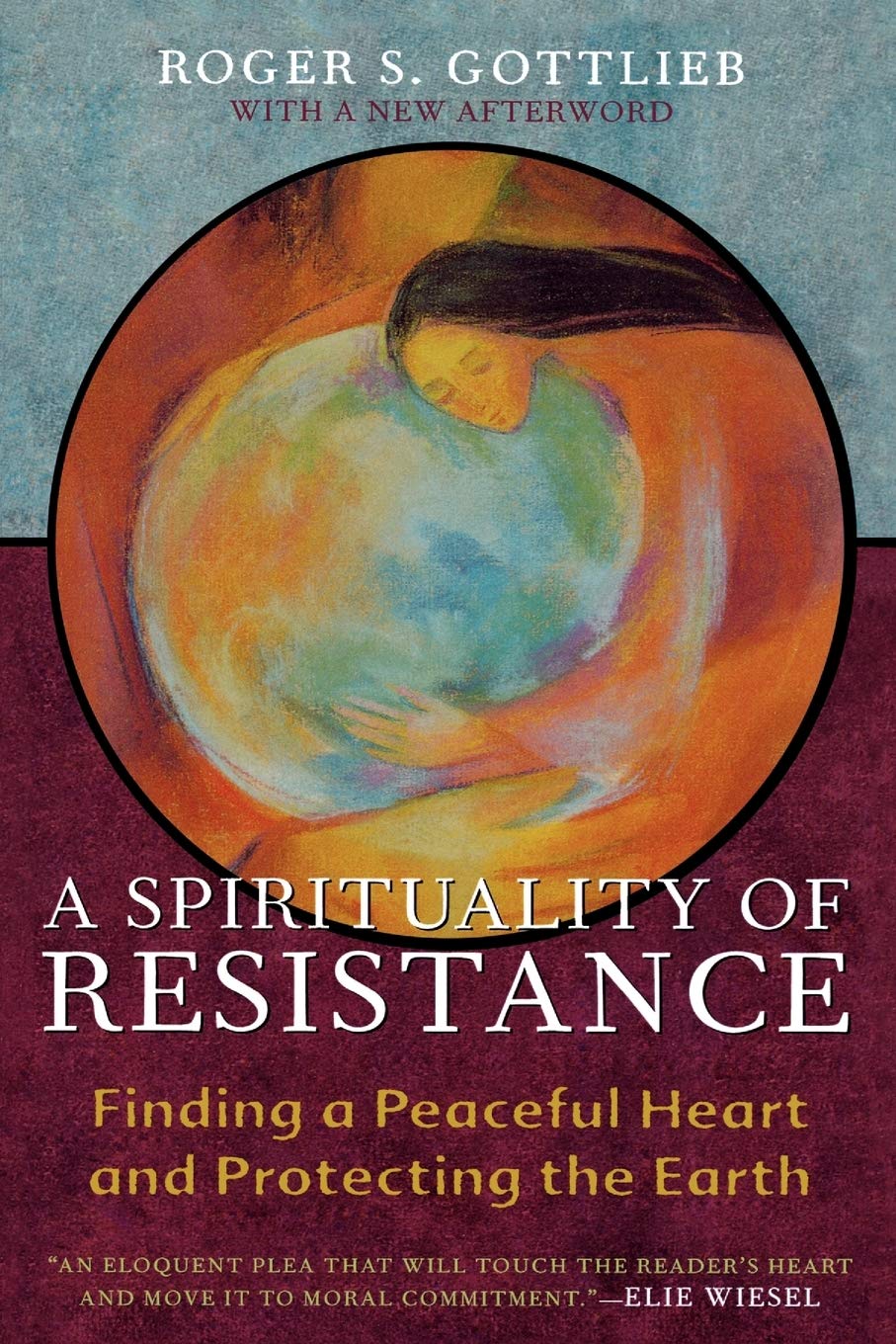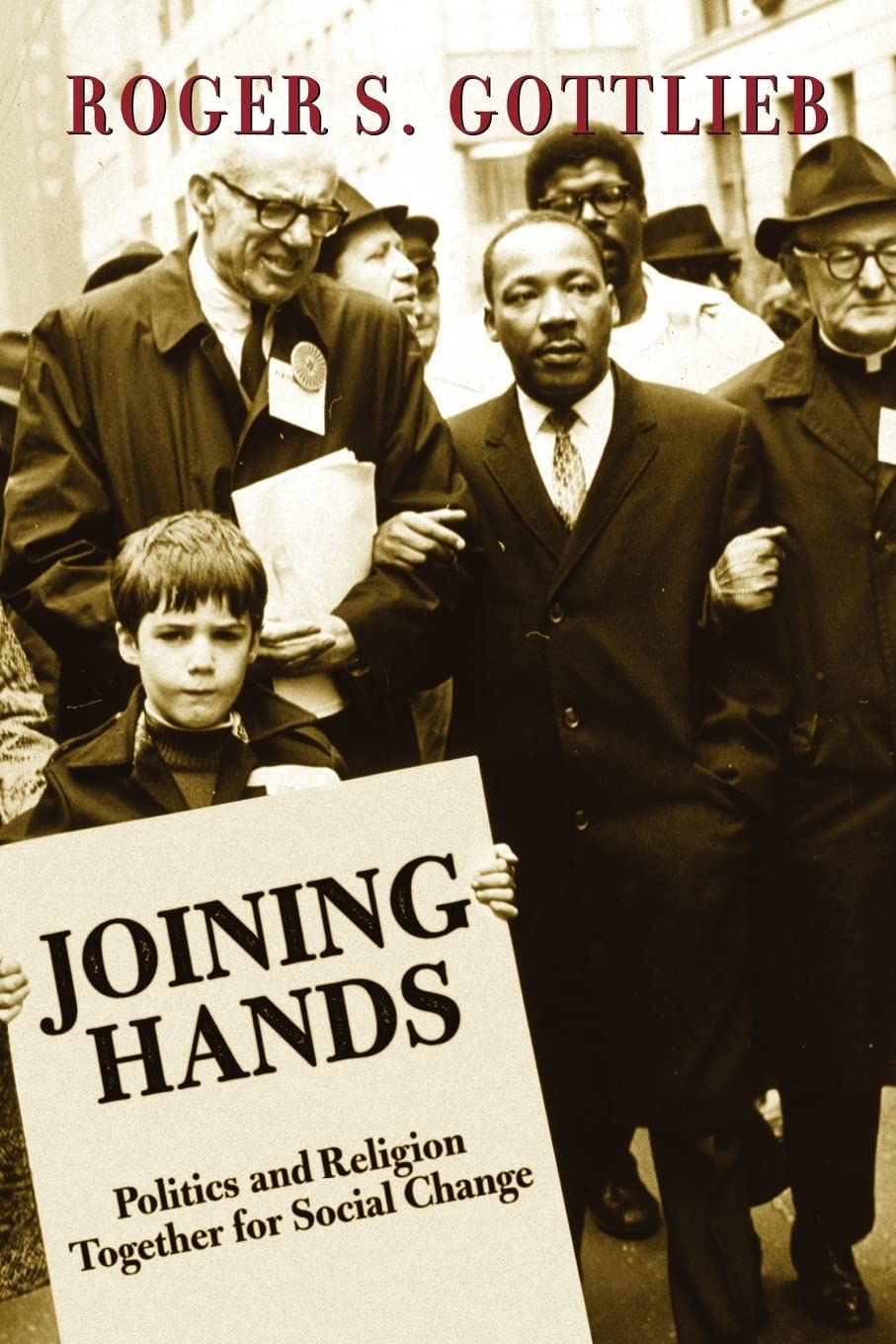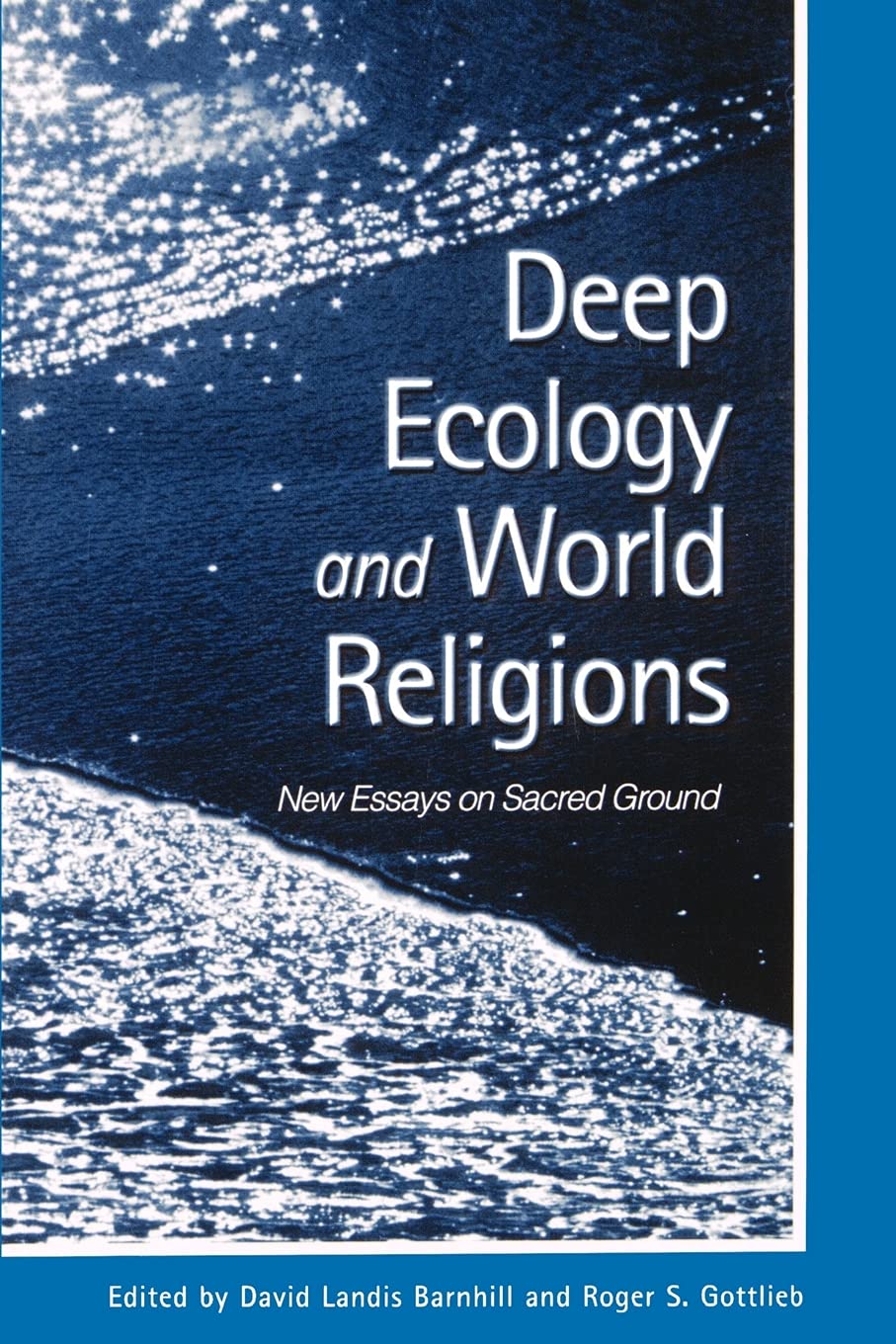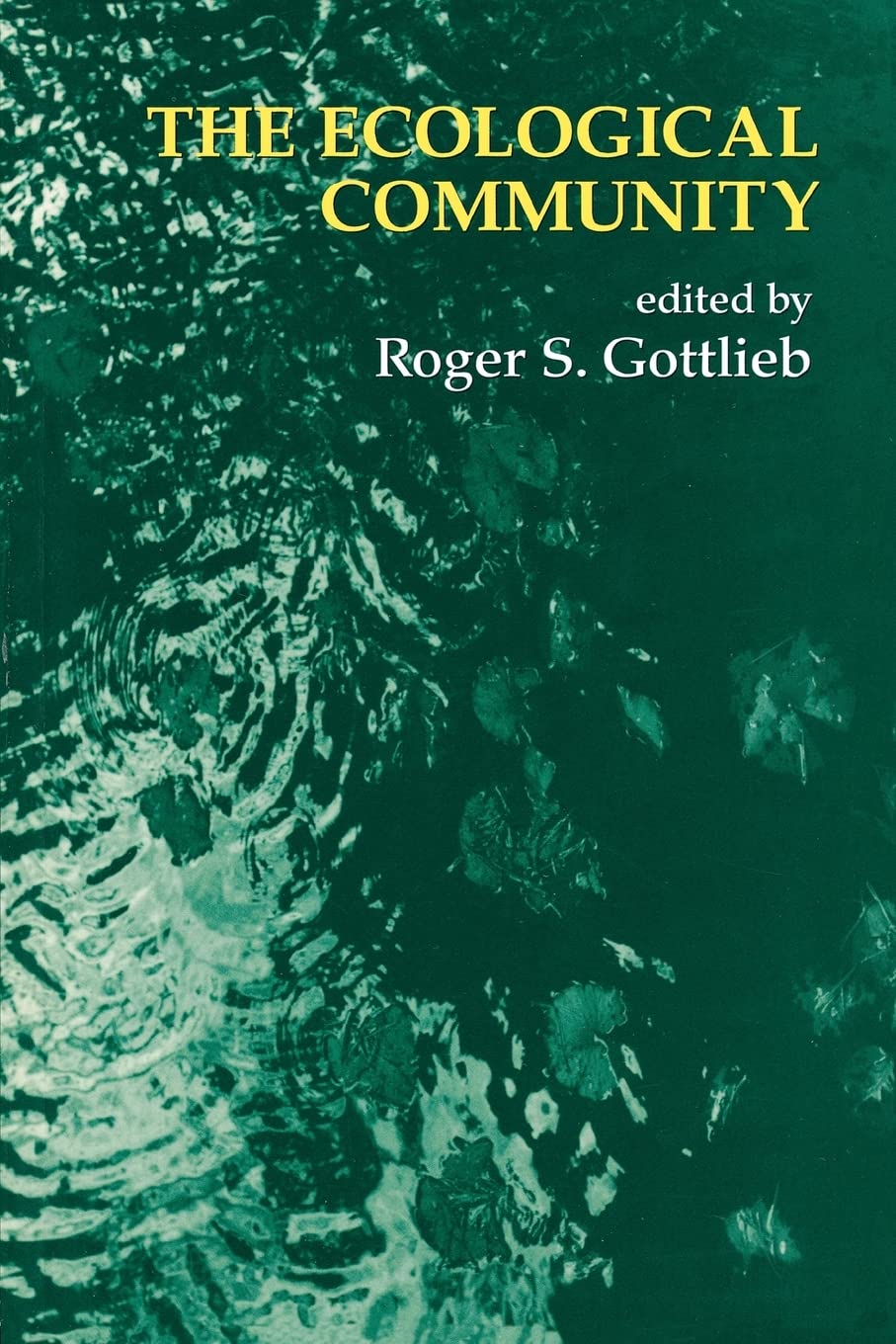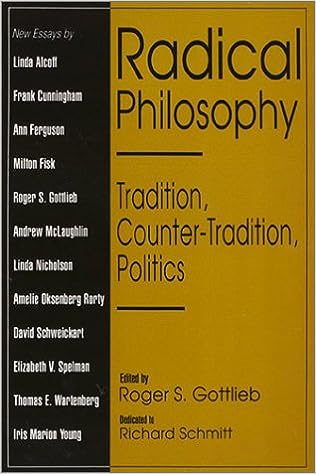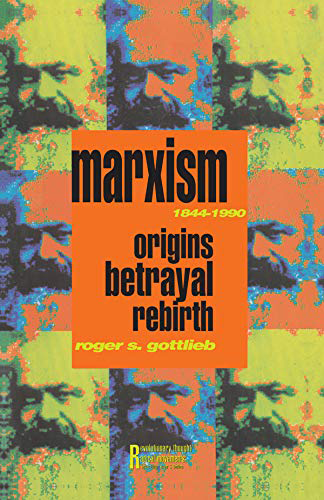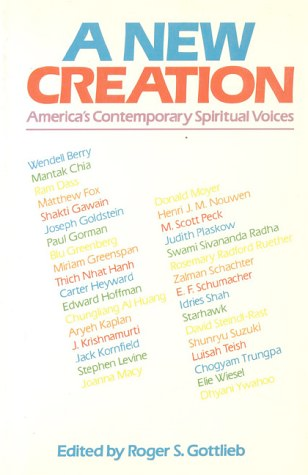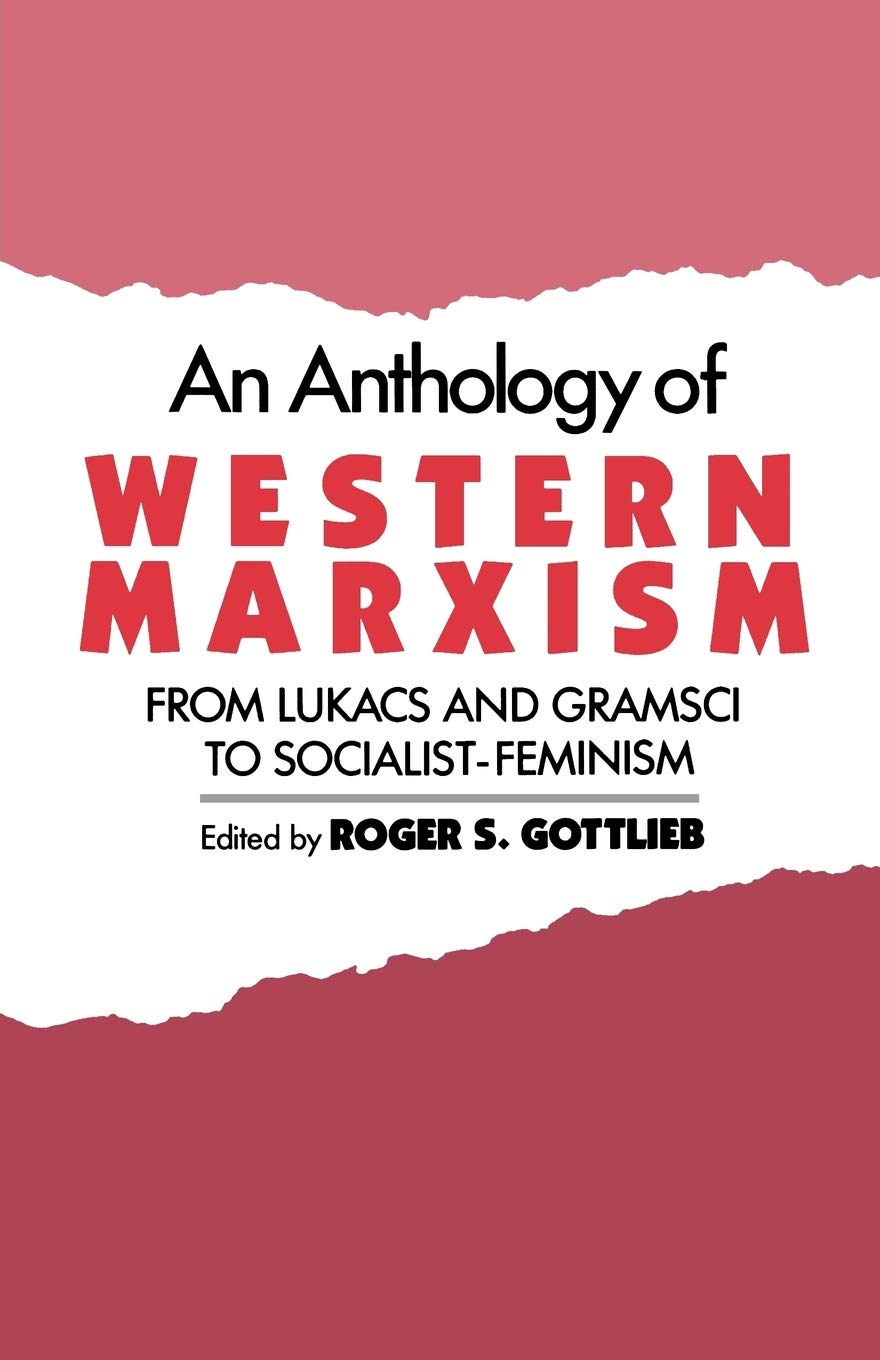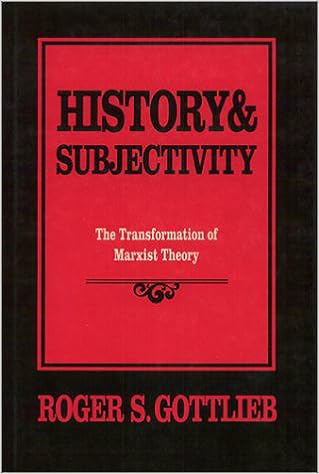Books by Roger S. Gottlieb
The Sacrifice Zone
Roger S. Gottlieb is professor of philosophy at Worcester Polytechnic Institute and the award-winning author or editor of twenty-one books and more than 150 articles on environmentalism, religious life, contemporary spirituality, political philosophy, ethics, the Holocaust, feminism, and disability. He is internationally known for his work as a leading analyst and exponent of religious environmentalism, for his passionate and moving account of spirituality in an age of environmental crisis, and for his innovative and humane description of the role of religion in a democratic society. He has given keynote addresses and endowed lectures at universities and public settings in the U.S. and Canada.
His two most recent books are Morality and the Environmental Crisis, winner of Independent Publisher’s “most likely to save the planet” award and a semi-finalist for the Siskiyou Prize for new environmental literature; and his first novel—The Sacrifice Zone—an adapted chapter of which was a featured short story in the online literary magazine The Stardust Review.
“Sacrifice Zone” – a place so polluted it can never be cleaned up.
Morality and the Environmental Crisis
Winner of Independent Publisher’s “Most Likely to Save the Planet Award”; semi-finalist for the Siskiyou Prize for new environmental literature.
The environmental crisis creates an unprecedented moral predicament: how to be a good person when our collective and individual lives are sources of immeasurable devastation and suffering. Drawing on an extraordinary range of sources from philosophy, political theory, global religion, ecology, and contemporary spirituality, Roger S. Gottlieb explores the ethical ambiguities, challenges, and opportunities we face. Engagingly written, intellectually rigorous, and forcefully argued, this volume describes the moral value of nature and that value’s role in a new “ecological” democracy. The author discusses how to live with environmental despair and examines the demands and limits of individual moral responsibility. In Morality and the Environmental Crisis, Gottlieb combines compassion for the difficulties of contemporary moral life with an unflinching commitment to ethical imperatives for awareness and action.
“The wisdom of a lifetime of reflection on all the basic issues that intersect morality and the environment. This is the best – and most constructive – work I have read.” Larry Rasmussen, Union Theological Seminary
“Roger S. Gottlieb is one of the most significant public intellectuals of our time … [and brings] his philosophical, psychological, and spiritual wisdom to confront the way we think about the earth and each other. Gottlieb has produced a book that everyone who cares about the future of the life on Earth should be reading!” Michael Lerner, Editor of Tikkun
“In this wise and beautiful book, Gottlieb explains how the environmental crisis constitutes a moral crisis. We have lost our way – in terms of knowing how to treat the world, be engaged citizens, and pursue meaningful lives. Gottlieb helps us navigate our confusion by inviting us to expand our understanding, compassion, and humanity. This is a generous, gem of a book.” Paul Wapner, American University, Washington, DC
Political and Spiritual: Essays on Religion, Environment, Justice and Disability
Political and Spiritual gather a variety of illuminating essays by an internationally known scholar of religion and ecology. New writings on technology, facing death, and an intellectual autobiography continue Gottlieb’s unique ability to connect collective struggles for a just and caring society with personal strivings for wisdom and compassion.
“When Roger Gottlieb speaks, those who care listen. Political and Spiritual shows again why his voice is so significant. It’s not that Roger has all the answers, but he asks penetrating questions that come out of his own personal journey and thoughtful reflection. His insights into a range of social, political, religious, and environmental issues not only mark our times, but open us to his prescient views of our changing world.”-John Grim, Yale School of Forestry and Environmental Studies, and Yale Divinity School.
“In our day of canalized research, Gottlieb has no recognized location. He deals with many topics, but not in a way that accepts compartmentalization. Instead of value-free information so prized in the university, Gottlieb is a thinker, a true intellectual. In this book one can sample expressions of an underlying wisdom shaping reflection on numerous topics.”-John B. Cobb Jr., professor emeritus, Claremont School of Theology.
“A landmark work. The best argument I have ever seen for Jewish engagement in ecological salvation. A sensitive, convincing look back at the Holocaust, for positive benefit to all humankind.”-Jerome Gellman, Ben-Gurion University of the Negev, Ben-Gurion University of the Negev; Australian Catholic University.
Spirituality: What it is and Why it Matters
Spirituality is a unique account of spirituality from traditional religion to the present that reveals the common thread that joins Mahayana Buddhism and Hasidic Judaism, the Sufi Rumi and the Catholic St. Thomas a Kempis, people of all faiths and those who are “spiritual but not religious.” Roger S. Gottlieb argues that spirituality is the simple but extraordinarily difficult attempt to face life’s rigors and disappointments by becoming more mindful, accepting, grateful, compassionate, and lovingly connected to others. These virtues oppose both the social ego’s attachment and arrogance, and any habitual, unreflective religiosity; and the path towards them can be shared equally by people inspired by belief in one God or many, the divinity of nature or the sacredness of life.
Spirituality examines the promises and perils of spiritual life as understood both within and outside of traditional faiths, explains the rise of the widespread spiritual detachment from institutional religion, and offers illuminating accounts of yoga, meditation, and prayer. There are also insightful studies of spirituality’s relation to modern medicine, nature and the environmental crisis, and political activism.
Engaging Voices: Tales of Morality and Meaning in an Age of Global Warming
Our ecological dilemmas provoke powerful emotions and deeply contested views. How should we think about them? And how can we live together, or even talk together, when we cannot listen to people who think differently? In a lively and at times very funny book, Roger S. Gottlieb explores these questions in a collection of distinct but related philosophical short stories. Fictional characters with personalities, individual histories, and strong opinions wrestle with the meaning of life, the value of nature, animal rights, the roles of science and religion in environmentalism, and political choices facing environmental activists as well as their own anger, fear, despair, and close-mindedness. Encountering forcefully articulated positions and engaging characters, readers will be moved to reconsider their own beliefs–and to examine personal barriers to truly listening to those “on the other side.”
“In a deeply polarized political climate, Gottlieb’s book offers fresh insights of how we can save the planet and live together into the future with our moral and political differences. Timely and urgently needed, this compelling book challenges us to rethink political activism, spirituality, and community in new ways. I highly recommend it.” Kwok Pui-lan, President of the American Academy of Religion
“A highly imaginative, if also down to earth, appeal for better listening to each other, hopeful, fearful, ambivalent in the midst of our differences, and how such listening can bring us to better caring for our common Earth.” Holmes Rolston, III
“In these captivating stories Roger Gottlieb shows that fiction can still be a powerful way to engage with our most complex and pressing dilemmas. You will learn more philosophy by reading this one enjoyable and illuminating journey through contemporary morality, politics, and spirituality than you would by taking any ten philosophy courses at most universities. This book is certain to both move and provoke you–challenging old ways of thinking and preparing us all for the challenges of the coming decades of the 21st century.” –Rabbi Michael Lerner, editor of Tikkun Magazine, author of The Left Hand of God: Taking Back Our Country from the Religious Right
“In this heart-opening and beautifully-written book, Roger Gottlieb shares moving stories of profound difference that reflect the urgent challenge of creating a moral community. Engaging Voices invites us to experience how opening ourselves to what others have to say–especially those we fundamentally disagree with–tests our moral courage in ways that accelerate inner growth, and provide pathways for improving our collective lives.” –Paul Wapner, Director of the Global Environmental Politics Program, American University
Religion and the Environment
This four volume edited collection serves as a comprehensive introduction, overview, and in depth account of worldwide religious environmentalism. The four volumes cover virtually every aspect of the field–from theological change and institutional commitment to innovation in liturgy, from new ecumenical connections among different religions and between religion, science and environmental movements, from religious participation in environmental politics to an account of the global social and political contexts in which religious environmentalism has unfolded.
The Oxford Handbook of Religion and Ecology
This book serves as the definitive scholarly overview of the exciting new connections between religion and ecology. Part I explores traditional religious concepts of and attitudes towards nature and how these have been changed by the environmental crisis. Part II analyzes conceptual issues that transcend individual traditions. Part III examines religious participation in environmental politics. With essays by the leading scholars in the field, many of whom have been instrumental in the rise of religious environmentalism, this Handbook will be invaluable to anyone interested in religion, environmentalism, and the future of our planet.
A Greener Faith: Religious Environmentalism and Our Planet's Future
“Roger S. Gottlieb chronicles the promises of this critically important movement, illuminating its principal ideas, leading personalities, and ways of connecting care for the earth with justice for human beings.” — Oxford University Press
Roger S. Gottlieb has written a seminal book examining the emerging debate on environmental ethics among the world’s great faith traditions and what that means for the future of environmental stewardship. — Carl Pope, Executive Director, The Sierra Club
Roger S. Gottlieb presents a comprehensive view of the nexus of religion and the environment. The specific stories of faith-based environmentalism provide a bright picture of the faith community’s capacity for caring for God’s creation. If we actively follow his lead, we will go a long way toward being more effective stewards of our fragile planet. — Dr. Bob Edgar, General Secretary, National Council of Churches USA
Eminently readable, this book would make student discussions far more knowledgeable and sophisticated. It provides insights to religious environmentalists and helps broaden the views of the despisers of religion. Above all, this is a hopeful and wise book. — Environmental Ethics
Gottlieb’s beautifully written and carefully researched work is essential reading for people of faith, environmentalists, scholars and anyone who is concerned about our planet’s future. — Daily Star (U.K.)
An extended exercise in the practice of hope. — San Francisco Chronicle
A Greener Faith is an exceptionally readable and informative history of religious environmentalism, written by a scholar who has documented the movement from the early days, and who writes about it not only with clarity detail but also with empathy and hope. –Review by Anna Peterson
Students and professionals with an interest in the intersection of environmental thought with virtually any discipline in the social sciences or the humanities will have their horizons expanded by reading A Greener Faith. Review of Policy Research Forum
Liberating Faith: Religious Voices for Justice, Peace, and Ecological Wisdom
This sweeping new anthology shows how religion has joined with and learned from movements for social justice, peace, and ecological wisdom. Liberating Faith surveys the entire range of religious social activism: from liberation theology and feminist religion to ecotheology and peace activism. It includes theology, social critique, position papers, denominational statements, manifestos, rituals, prayers, biographical accounts, and journalistic descriptions of real world struggles, beginning with a survey of ethical teachings from traditional sources.
What a treasure-trove Liberating Faith is. Reading it is both intellectually enriching and spiritually nourishing. It offers an alternative to ‘repressive fundamentalism’ and ‘spiritless secularism.’ Truly, it is a rich resource for the seasoned social activist and beginner alike. — Religious Studies Review
Roger Gottlieb has done us all an enormous service by bringing together in this volume the words of the most inspiring and insightful thinkers of our time, from all over the world. We learn here, in passage after passage of surpassing eloquence, that political activism on behalf of peace and justice cannot live and grow unless suffused with spiritual powers. I hope this book will be widely read in classrooms all over the country, because it is a needed corrective for politics without heart, and religion without justice. — Howard Zinn
Roger Gottlieb offers a splendid anthology of sanctity and hope. Religious and secular voices, in the best tradition of each, speak up, loud and clear. The sum is a synthesis of enlightened, courageous idealism. In a dark time, gratitude befits. — Daniel Berrigan
This book can be of tremendous value to secondary school teachers dealing with issues of social justice, and it includes readings that would greatly serve students in a variety of ethics courses. The book is full of treasures, some timeless, some quite recent, most of which deserve the kind of slow savoring that allow the fullness of their thoughts to take hold. — Religious Studies in Secondary Schools
This Sacred Earth: Religion, Nature, Environment (Second Edition)
New York and London: Routledge, 2003.
I welcome this second edition of This Sacred Earth, more comprehensive and inclusive than ever. The promise of religion is splendidly and urgently documented here. — Hollmes Rolston, III
Roger Gottlieb has done a masterful job in covering the diversity of the spiritual response to the real roots of our ecologic crisis. It remains the textbook for college courses that focus on the link between religion and environment. — J. Baird Callicott
A Spirituality of Resistance: Finding a Peaceful Heart and Protecting the Earth
Rowman & Littlefield, 2003
Gottlieb is able to speak to a wide audience, managing to stay away from religious dogma and speak directly to our heart. He questions the nature of how we define work, which generally forms a large part of personal identity, but is all too often under the control of bureaucracies that are contributing to the environmental degradation we all fear. He gives us the spiritual fuel needed to rekindle our desire to do what we can and not get discouraged. — Faithalive.com
Will touch the reader’s heart and move it to moral commitment. — Elie Wiesel
Provides a bold new challenge for those who are serious about cultivating the spiritual dimension of life. In eloquent prose, Gottlieb demonstrates a mastery of both the pitfalls and possibilities for spiritual development in the face of the environmental crisis. — Environmental Ethics
A brilliant and important challenge. — Rabbi Michael Lerner
If you agree we have a global problem on our hands and you want to join the spiritual seeker and the political activist in yourself, this is the book for you. — America
Joining Hands: Politics and Religion Together for Social Change
Roger Gottlieb has produced a profound and significant integration of spiritual and political concerns. Highlighting the spiritual strengths and weaknesses of the civil rights, anti-war, and feminist movements, Gottlieb shows that world-making politics and religion can be partners as they inform and deepen each other. As he ponders his role as a father of a physically challenged child, eschewing a perpetually optimistic version of spirituality, Gottlieb forces us to rethinking our commitment to “rational autonomy” as central to human identity. Rather than the dogmatic confidence of the true believer, Gottlieb offers faith and hope that leads to individual and collective political action even in the face of sorrow and loss, and without the surety of success. — Tikkun
Joining Hands presents an outstanding and critical analysis of the issues of politics and religion, and examines their existing and possible modes of interface in order to enhance “the full openness of religion and politics to each other’s insights.” It is difficult to quarrel with a book that is so well-written, so steeped in scholarship, and so good at anticipating and answering criticisms. — Socialism and Democracy
Deep Ecology and World Religions: New Essays on Sacred Ground
(co-edited with David barnhill). Albany: SUNY Press, 2001.
Parallels and contrasts values from world religions and those proposed by the environmental perspective of deep ecology.
The Ecological Community: Environmental Challenges for Philosophy, Politics, and Morality
New York and London: Routledge, 1996.
The Ecological Community offers important and previously unexplored responses to the environmental crisis. The premise of this volume, writes editor Roger Gottlieb, is that the environmental crisis challenges the presuppositions of–and creates a rich field of creative work in–philosophy, politics, and moral theory. These eighteen essays are fresh and compelling interrogations of the existing wisdom in a host of areas, including liberalism, communicative ethics, rights theory and environmental philosophy itself. Contributors : Avner de-Shalit, Gus diZerega, Roger S. Gottlieb, Eric Katz, Robert Kirkman, Andrew Light, Brian Luke, David Macauley, Mark A. Michael, Carl Mitcham, John O’Neill, Holmes Rolston III, David Schlosberg, William Throop, Steven Vogel, Mark I. Wallace, Peter S. Wenz, Michael E. Zimmerman.
Radical Philosophy: Tradition. Counter-Tradition, Politics
Philadelphia: Temple University Press, 1993
Bringing together new essays by the leading figures in contemporary radical philosophy, this provocative collection defines for the first time the boundaries and accomplishments of a body of work deeply critical of both the philosophical and social dimensions of domination. The contributors draw on diverse traditions and movements, including feminism, critical theory, Marxism, deconstruction, democratic socialism, theories of race and ethnicity, deep ecology, and politicized spirituality.
Marxism 1844-1990: Origins, betrayal, Rebirth
New York and London: Routledge, 1992.
Is Marxism really dead? Or can it play a positive role in creating a just and fulfilling society? This original study responds to these questions with a passionate and penetrating assessment of Marxism from its origins to the present day.
A New Creation: America's Contemporary Spiritual Voices
New York: Crossroad Press, 1990
Thinking the Unthinkable: Meanings of the Holocaust
New York and Mahwah, NJ: Paulist Press, 1990.
An Anthology of Western Marxism: From Lukacs and Gramsci to Socialist-Feminism
New York: Oxford University Press, 1989.
This unique anthology brings together readings from the works of the most significant post-Leninist Marxist thinkers. The selections reflect the diversity and high intellectual accomplishment of twentieth-century Marxism and show how these theorists have transformed traditional Marxism’s general philosophical orientation, interpretation of historical materialism, models of socialist political practice, and conception of human liberation. The writings reveal the evolution of a sophisticated and democratic Marxism with a theoretical emphasis on class consciousness and subjectivity, a resistance to all forms of domination–including sexism–and a belief in the political power of consciousness-raising.
The selections include the work of forerunners Karl Korsch, George Lukács, and Antonio Gramsci; figures from the 1930s, including Max Horkheimer, Theodor Adorno, and Wilhelm Reich; post-war and New Left thinkers Jean-Paul Sartre, Andre Gorz, Herbert Marcuse, and Jürgen Habermas; and contemporary socialist-feminists Sheila Rowbotham, Juliet Mitchell, Barbara Ehrenreich, Heidi Hartmann, and Ann Ferguson. Gottlieb places the readings in historical and theoretical context, providing a clear and insightful account of the intellectual problems and historical events that gave rise to the Western Marxism, and describing how it both anticipated and influenced contemporary radical movements. Each selection is prefaced by a biographical sketch and the book concludes with a bibliography suggesting further research.
History and Subjectivity: The Transformation of Marxist Theory
Philadelphia: Temple University Press, 1987; Atlantic Highlands, NJ and London: Humanities Press Paperback edition: 1993.




